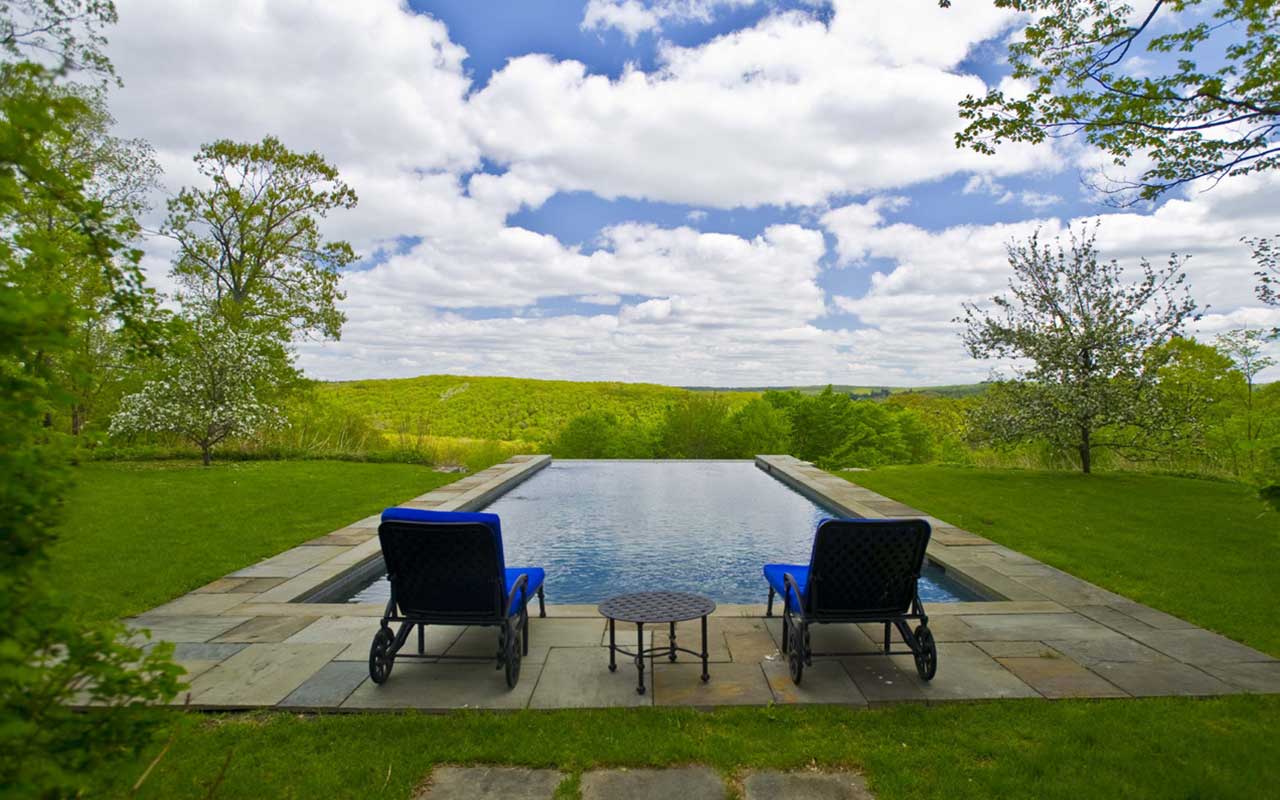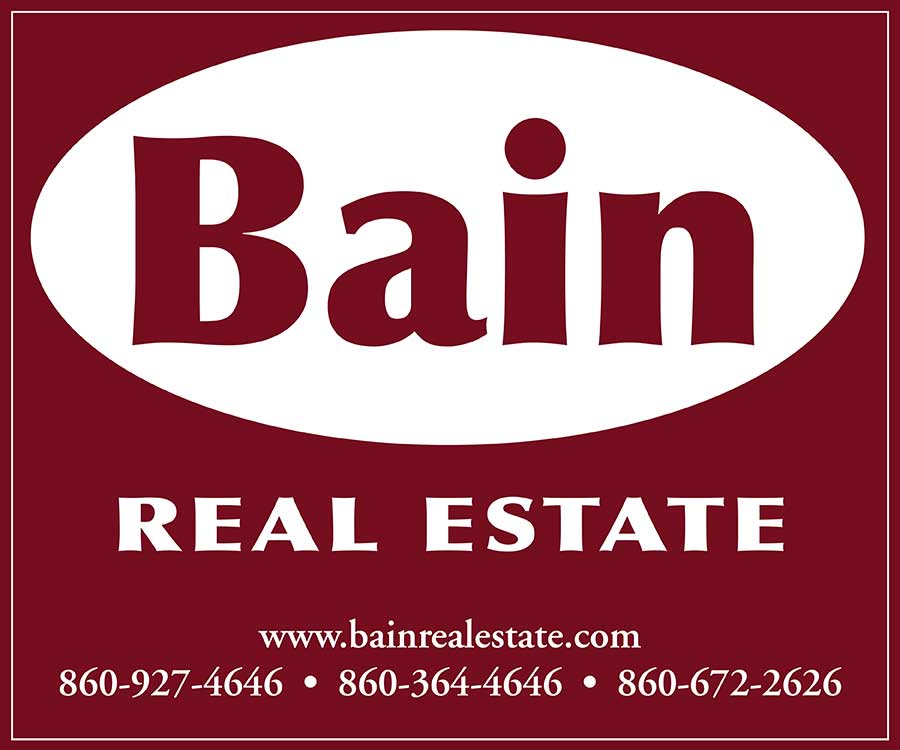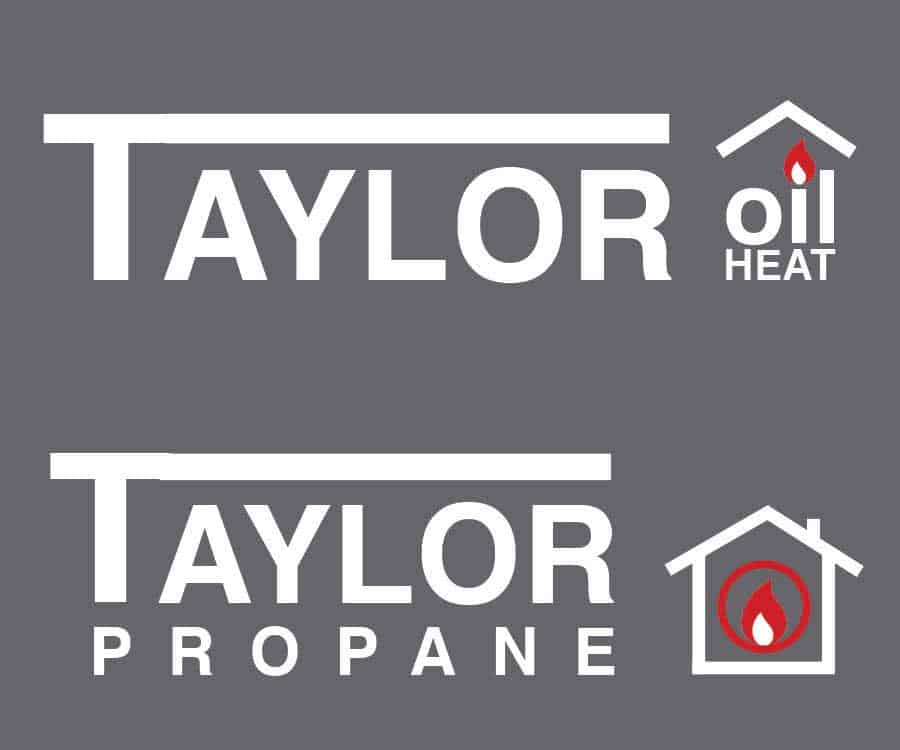Real Estate

SUMMER RENTALS 2024 – WHAT TO EXPECT IF YOU RENT A HOUSE THIS SUMMER
Summer rentals are beginning to show up on realtors’ websites and Zillow. They stand out from the yearly rentals by their attractive furnishings and monthly price, which is usually upwards of 100% more than an annual rental. No one wants to sleep on the floor for the summer. Seasonal immigrants have already started signing leases and will turn out in droves at the first sign of warmer weather and sunny days.
Changes in the market
Realtors in our second-home markets in New York, Connecticut, and Massachusetts agree that 2020 was a year of peak demand, occupancy, and pricing. But by 2023 some agents estimate that half of their properties failed to find a renter, and many of the homes that did find a tenant rented at reduced prices. A few properties didn’t get one phone call of inquiry while others rented immediately.
Some attribute this to lower demand as people travelled internationally after the COVID lockdown, increased supply as purchasers of COVID second homes decided to generate income and spend the summer elsewhere and, in some cases, overpricing. All agreed that Airbnb and VRBO have increased supply and offered shorter rental periods. One broker counted 600 Airbnb rentals available short and longer term in the Northwest corner of Connecticut.
Holly Leibrock, an agent with Elyse Harney Real Estate, observed that the pricing threshold has changed and that it’s critical to have a reasonable rental price. Liza Reiss, also of Elyse Harney Real Estate, observed that the rental market has shifted as summer renters commit to fewer weeks. “People used to lock in for the whole summer, but now they want shorter terms as they try out different areas, and owners have become amenable to one- or two-month rental terms.”
What will 2024 bring?
Barring natural disasters, pandemics, or heat waves, real estate agents are anticipating that 2024 pricing will adjust to normal pre-COVID market levels. Monthly rentals on lake fronts will still command the highest prices, $45,000 a month or more, and houses with glamorous gunite pools may rent for twice as much as houses without pools.
“There are two kinds of renters,” observed Reiss, “Those who prefer swimming in a lake and those who want a pool.”
Houses that are located in towns and within walking distance to restaurants, shops, and recreational activities are also in demand. “Without waterfront or pools, folks need some kind of wow factor,” shared Steve Penner of William Pitt Sotheby’s. Large houses with rooms for extended family and guests, spectacular views, and multiple bedrooms with en suite bathrooms are always sought after. Price also depends on timing. For example, one Cornwall property is asking $3,800 a month through May, $6,000 for June, $7,000 for July and $8,000 for August – always the most expensive and popular month.
Who is the tenant? Who is the landlord?
Not surprisingly, summer renters tend to be New York City weekenders who may also be looking at Nantucket, Vermont, Tuscany, or Provence or those returning to an area they know well. They are not the partying, attention and status-seeking crowd of the Hamptons. There is no singles scene here and no photographers. Renters are young couples, families, and grandparents who are all seeking country living with access to recreational and cultural activities. Nor are renters the downtown, cool types who seem to prefer the Hudson Valley and the Catskills, according to Peter Klemm of Klemm Real Estate.
Most owners in New York, Massachusetts, and Connecticut who rent their houses in the summer use it during the remainder of the year, although some also rent or Airbnb during the rest of the year. That describes Stephen Brighenti, who owns and operates 20 luxury properties as year-round rentals in Roxbury and Washington. His shorter-term rentals are handled through Airbnb, where Brighenti is a five-star super host year after year, and Posh Pads, his website. His prime summer rentals range from $15,900 to over $60,000 monthly and are handled by Peter Klemm of Klemm Real Estate. These homes all boast Frette linens, original art, antiques, down comforters, and Sub-Zero refrigerators. While complaining about the dreadful winter weather, Brighenti claims that all of his summer rentals will be fully occupied. Unlike rentals that are used by owners the rest of the year, each of these luxury houses is like a chic hotel.
What owners should consider
Summer rentals in the country are close enough to the New York metro area to command premium rents that can pay an owner’s taxes and cover a summer holiday someplace else. However, before thinking of calling a real estate agent or taking photos for Zillow, prospective summer landlords need to think through some basic issues.
Start with the rental period and how much you might charge for your home. In our area, July and August are the most popular months. In terms of pricing, check out Airbnb for the short-term rental market, as well as real estate brokers, like Elyse Harney Real Estate and Klemm Real Estate, which will have higher end, long-term rentals for the summer, and websites like Zillow, which include rentals by owners.
Owners should remember that for most people your home, whether primary or secondary, is a substantial asset that should be protected. “Owners should contact their insurance agent to make sure they have the right coverage in place for rental exposure,” according to Jeffrey H. Cashman with William Pitt Insurance Services. “A new policy may need to be written or current policy amended with an endorsement that covers rental exposure.”
“Additionally, owners should ask their insurance agent and attorney what liability insurance the owner should request the tenant have in place during the rental term. In many cases the tenant can extend liability from their primary residence policy to the rental location for a small additional premium.”
The next step is a call to your accountant to ask about taxes. Will the rent received be considered taxable income? If so, what expenses might be deducted? Typically, rentals up to 14 days are free from taxation, but beyond that it gets more complicated. For example, in Connecticut, you may need to charge the 15% hotel and lodging occupancy tax on rentals less then 30 days.
Summer landlords need to address the same issues as full-time landlords. Is smoking allowed? Are pets? Are utilities included? Who will mow the lawn and clean the pool? Is housecleaning included? Most importantly, who will respond to tenant phone calls when someone is locked out, the Wi-Fi doesn’t work or the toilet is stopped up? You will also need to think about problems that landlords with unfurnished year-round rentals don’t have to consider. How do you clean out the closets, store personal treasures and valuable items, and in general get rid of clutter? Renters want to feel this is their home. One experienced agent commented, “It’s an educational experience. It’s not for everyone.”
Should you should use a real estate broker?
Seasonal rental landlords rely on real estate brokers to screen potential renters, show their house, promote the property with professional photographs and social media, and help with the lease process. Local real estate brokers know the properties and can answer questions about the area from the nearest supermarket to the best playgrounds for kids. Reiss advises landlord clients on how to make their home attractive to renters from cleaning out the pantry, and removing all things personal to leaving out new, wrapped sponges in the kitchen. “Think hotel, and provide bathroom amenities, fresh fruit, and flowers.”
Renters can utilize agents to show them a range of properties and help them decide which property and location best meets their needs. Reiss suggested looking in Connecticut for short-term rentals to one client after showing them a rental in Hillsdale, NY. The family ended up shifting their whole life and moving full-time to Lakeville with their four kids. Agents representing tenants also understand the whole rental process of applications, rental contracts, and escrow deposits. Agents themselves regard the rental market as a way to introduce new clients to the area.
What should renters think about?
Potential tenants should view the property in person and ask questions about the rental contract – who will pay the utilities, maintain the property, and be available to handle emergencies? What are the restrictions on pets, guests, parking, etc. When are the rent and security deposits payable? Some properties demand the entire rent and security deposit be paid upon signing the contract with no provision for cancellation. Ask if there are any other charges? Remember that a summer rental from a resident owner is very different from a hotel room or an Airbnb. Each one is unique.
When you view the house, check out what is important to you. If you’re a cook or will be entertaining, check out the pots and pans and china. If you’re a parent, is the house safe for children? Are cribs available? If security is an issue, check out the system. Turn on the TV. Is there a sound system? What about the Wi-Fi?
Think of renting a home for the summer as a travel opportunity to explore our area from the Berkshires to the Litchfield Hills to the Hudson Valley. Visit farmer’s markets and villages, hike trails, attend summer theater and concerts, watch a polo match, or check out a car race at Lime Rock. You might end up buying a house or changing your life. •
Christine Bates is a registered real-estate agent in New York and Connecticut with William Pitt Sotheby’s. She has written about real estate and business since Main Street Magazine’s first issue in 2013.





